Are the records translated into English?
New: MyHeritage adds millions of Nordic records
- By Esther
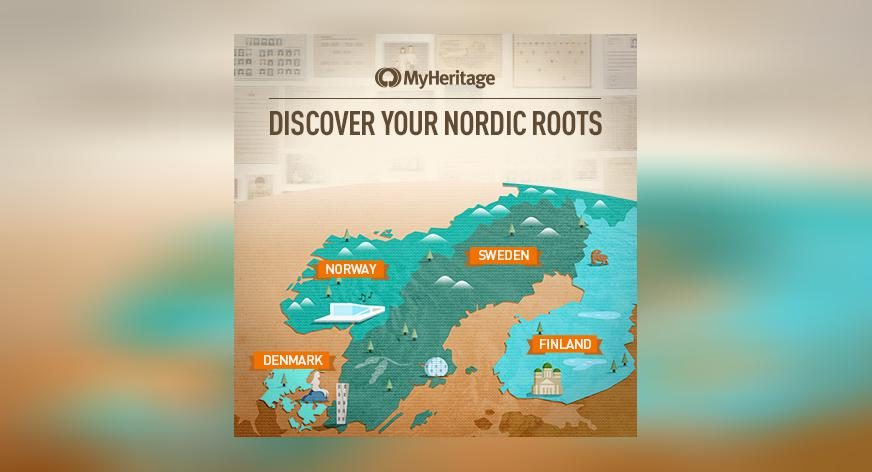

We’re delighted to announce that you can now search millions of digitized Nordic records from Sweden, Norway, Denmark and Finland from as early as the 1600s so you can discover your Nordic roots and learn more about how your ancestors lived.
The collections contain over 90 million names and include birth, death, marriage and baptism records, as well as census and many more records. This is in addition to 70 million profiles in 730,000 family trees already created by MyHeritage users with ancestors in this region. This is a treasure trove of records, not only for people living today in these countries but for all whose families originated in the region.
In addition to significant content added today, MyHeritage is investing in digitizing more Nordic historical content and has signed new agreements which will result in a wealth of regional historical records to be added over the next few years.
Today we’ve also launched dedicated social media channels for Norway, Denmark and Finland – including local blogs and Facebook and Twitter accounts. If you speak any of these languages we invite you to follow us (links below at the end of this post). Followers will be the first to hear about the new record collections as they become accessible. Followers will also receive updates on genealogy, along with hints and tips for advancing family history research.
How to view the new collections
This newly digitized content is already available for searching in SuperSearch, our global search engine for historical records. Record Matching technology will be unleashed on these records to automatically find relevant historical records for people in your tree.
To view these records, a Data subscription is required. Don’t have one yet? Read more about our annual subscription which includes unlimited access to all historical records on SuperSearch and to all Record Matches.
You can also read more information in the press release.
The MyHeritage Team
—————————
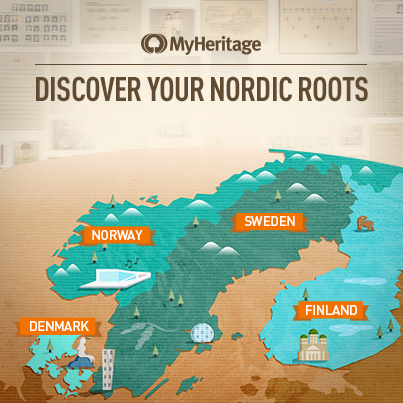

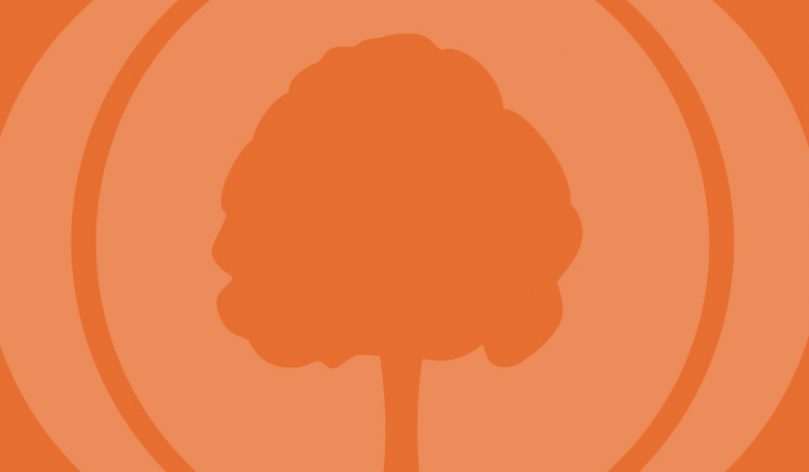
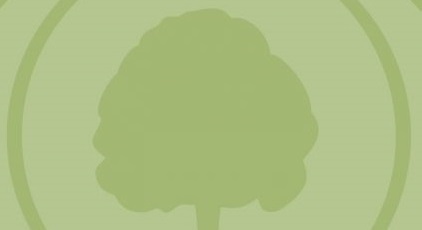
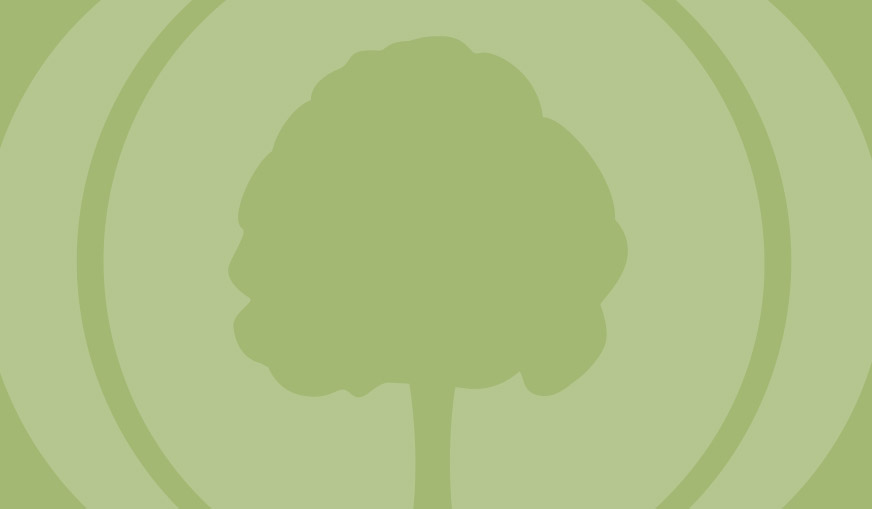

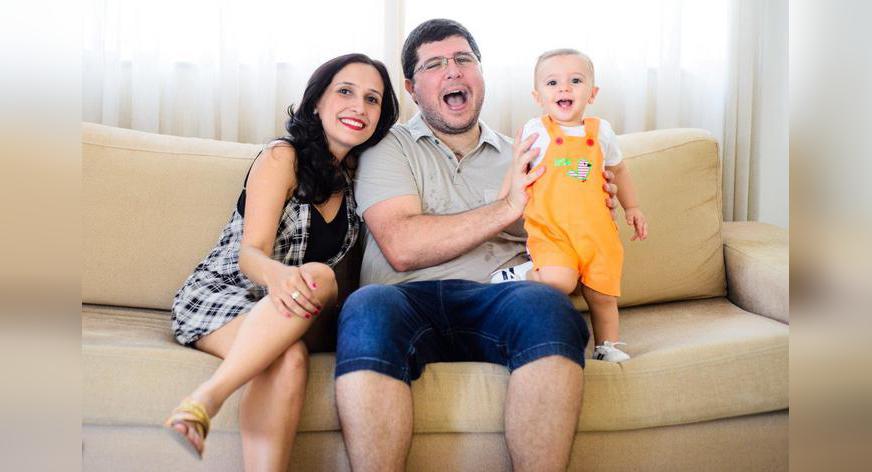
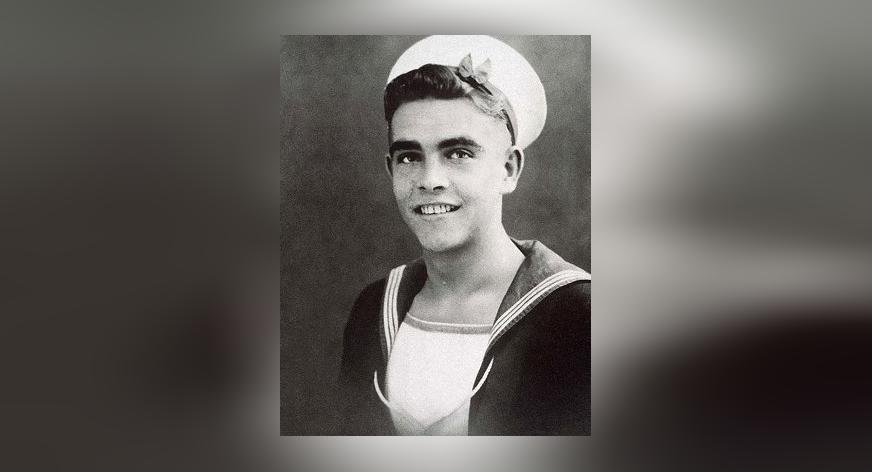
Doris McQueen
December 11, 2013
I can hardly wait to have the time to explore this new source of information! MyHeritage is doing such a great job of assisting in my family history.
Thank you!